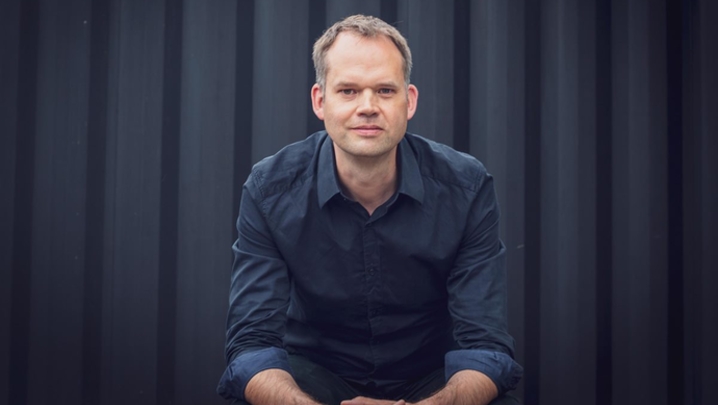Carole Solazzo reports from a hugely successful student conference and networking day in Salford.
"Networking isn’t a dirty word,” insisted RTS North West Chair and executive producer at Manchester drama indie Rope Ladder Fiction Cameron Roach. He was speaking at the start of an inspiring late-March Student Networking Day.
“People assume that to network you have to be gregarious,” he continued. “That is not the case.”
Keen to encourage students in their careers by providing them with the “soft skills” to make connections, opportunities to practise them and an understanding of how the industry works and the entry-level jobs available, Roach emphasised that “to build a long-term, stable career, you’ve got to love TV, and be able to talk passionately about those shows you want to work on”.
The day kicked off with a panel discussion, whose participants illustrated the many different ways into TV: a job as a newsroom production secretary (Pam Cavannagh, joint creative director at Purple Productions); starting in radio (Claire Burgess, a producer at Wall to Wall); and creating a football fan YouTube channel while still an undergraduate (Erin Hughes, a freelance researcher at BBC Sport).
“Many graduates start off as a runner,” according to freelance shooting producer Leasha Waddingham, where key skills include “being proactive… trying to think one step ahead for what is needed on the shoot”.
“Think about the whole picture… and add extra value,” added Cavannagh. “Be interested in the content – there might be editorial thoughts you can add.”
Picking up on that point, Burgess advised the audience not to be a victim of “imposter syndrome… no matter what your experience is, it’s valid… you’ve earned the right to be there.”
For a job on the first rung of the ladder, Waddingham estimated an employer will consider upwards of 100 CVs, initially “spending just 15 seconds on each”. Which is why Cavannagh advised: “Send links to content that you’re proud of.”
But you can’t beat “getting a foot in the door”, she said. “[Ask] if there is any chance I can come in and meet you for five minutes?” The answer will sometimes be “No”, but, said development researcher Simone Ziel on the “Top tips” panel, rejection can be positive. “[Ask yourself] what can I improve on.… Get feedback, and apply it.”
When searching for jobs, Roach, who chaired the “Anatomy of a show” panel, urged students to “understand the ecosystem [of TV show buyers]…. The first port of call of those independent production companies and studios is development.”
“Development is the lifeblood of TV,” said Dympna Jackson, Purple joint creative director. “[It’s] a real buzz getting an idea from a piece of paper on to the screen.”
Agreeing with Roach that it’s “a myth that you need to be hugely experienced in TV to come up with an idea”, David Leach, development producer at MultiStory Media, said “working with a new and vibrant team helps me come up with ideas.… I translate those into TV programme [formats] and stitch them into pitch documents.”
Rope Ladder development editor Yasmin Ali encouraged people not to box themselves in: “Approach different departments, whether that’s hair and make-up, sound or camera.… Explore.”
“Peer-to-peer networking is also important,” said Roach, “because you will grow up with contemporaries who will become significant players.”
The day offered opportunities to network with industry professionals, and masterclasses about crafting storylines, development, production management and working in a virtual studio.
The event at MediaCity UK, Salford, was organised by RTS North West and Nancy Porter, University of Salford, in partnership with Dock10.







